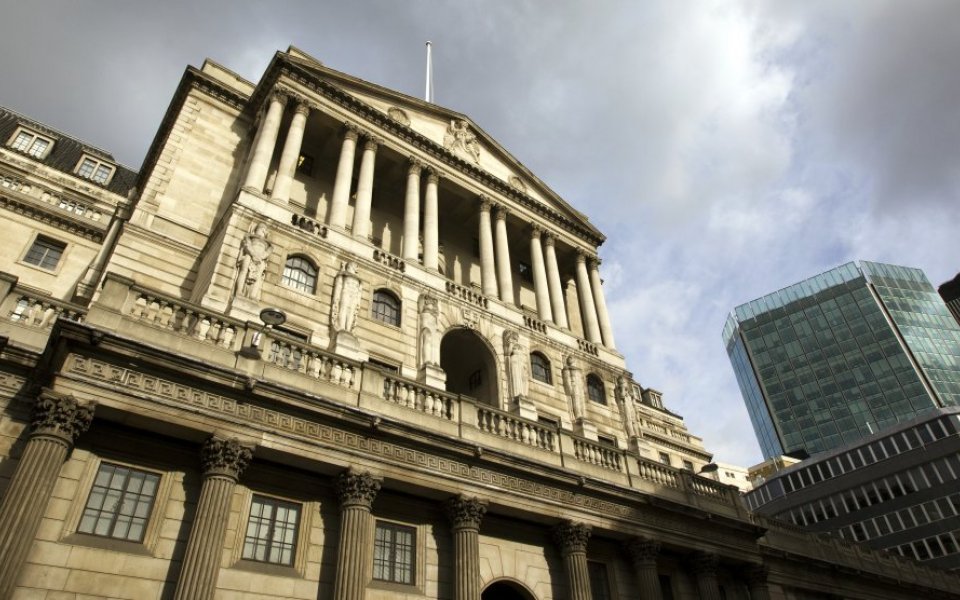Bank of England’s monetary policy committee: Why rate-setters could surprise on January 2016 risks

A lot can happen in a month.
Since the last monetary policy committee (MPC) meeting, oil prices have fallen to new lows, UK gross domestic product has been revised down and concerns about China have entered another acute phase.
Given the dovish MPC has a reputation for caution, how will it deal with the latest curve balls? These events will probably set the tone of the minutes. However, the MPC might opt for a balanced view of the risks and lean against the negative knee-jerk reaction of markets.
Cheaper oil
Firstly, further falls in the oil price and other commodities will frustrate an MPC which is keen to get inflation back toward its two per cent target, from the current zero rate. But the near-term softness in inflation poses no threat to it recovering in the medium-term. The UK is a net-importer of oil, so cheaper oil is a desirable shot in the arm and should be looked upon favourably, even if it gives inflation targeting central bankers a headache.
Inflation prospects
Secondly, the downward revisions that erased around 0.2 percentage points off last year's growth rate are a disappointment, but not the end of the world when set in a broader context. Revisions mean the economy probably grew a bit slower, rather than a bit faster than the trend last year. Consumption meanwhile, increased in the same set of revisions from an already strong year. And with unemployment falling faster than forecast in the Bank's latest inflation report, these are a plus for medium-term inflation prospects.
China turmoil
Finally, that markets have started 2016 on the wrong foot after taking further devaluations of Yuan by the PBoC poorly. The MPC might use the minutes to give a perspective. If the Yuan is overvalued, then an orderly devaluation to bring it in line with China’s fundamentals makes sense and will boost Chinese growth. Even though the UK’s exposure to China is relatively low, China is important for global growth, which is important for an open economy such as the UK. So medium-term, the PBoC’s actions are a positive move, even if they cause some short-term disruptions.
Given all that has happened in the last month, it’s likely we will see an invariably cautious set of minutes. But a dose of optimism could be useful in arresting the development of any unwarranted question marks that are building over the UK, and help stabilise sentiment as the year gets underway.